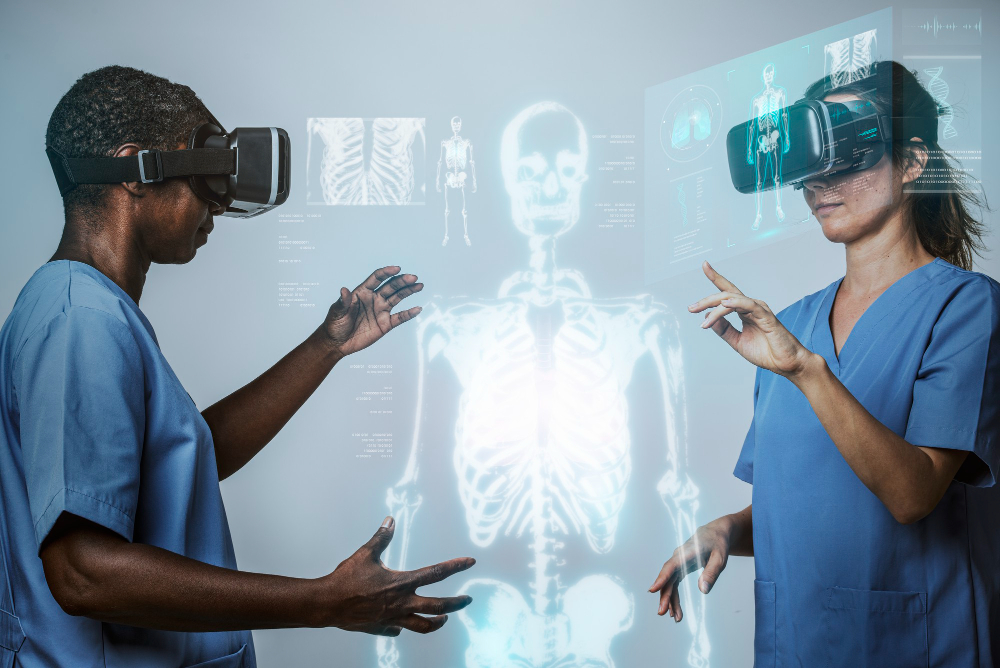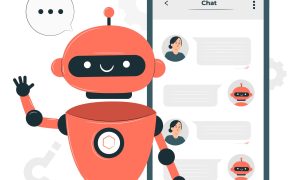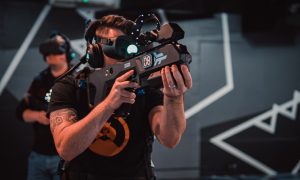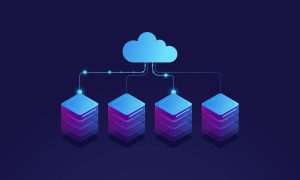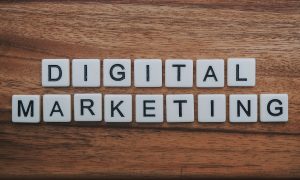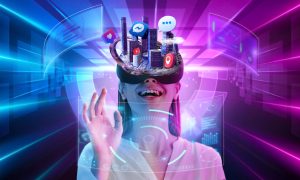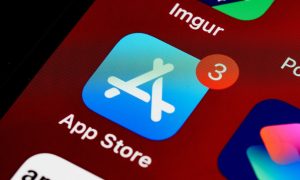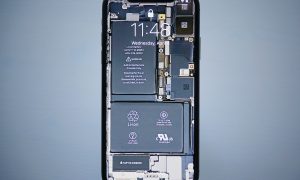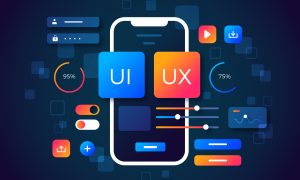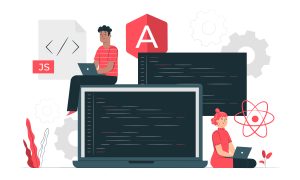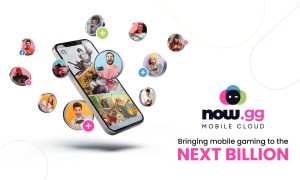Artificial intelligence is not a new invention. It has been around for the last 70 years or so. It is evident today that businesses are investing a lot of resources in R & D (research and development) related to artificial intelligence. This should tell you that businesses foresee a bright future for this technology.
Researchers, technologists, engineers, and scientists are constantly discovering new applications of artificial intelligence to provide solutions to world problems. One of the pertinent areas where artificial intelligence should be employed is in healthcare. There are thousands of applications of artificial intelligence in health care. This includes early detection of illnesses like cancer, performing sophisticated operations, assessing data for medical research, improving patient care and follow-up, and helping clinicians by streamlining administrative operations. But first, let’s unpack AI and discover what it is all about
What Is Artificial intelligence?
The name itself gives you a rough idea of what it is. Humans and animals use natural intelligence. Machines and computer applications can be programmed to replicate cognitive abilities similar to humans and animals. This includes skills such as reasoning, studying, and correction. Large and small businesses are incorporating machine learning and other components of artificial intelligence in their operations. It is common to see businesses advertising how they effectively meet customer needs using machine learning or other components of artificial intelligence.
When Was Artificial intelligence First Used In Healthcare?
Since the 1950s scientists and mathematicians have been researching how to use Artificial intelligence in enhancing healthcare services. Early models had several limitations. This discouraged most health professionals from adopting it. The first practical use of artificial intelligence in medicine goes back to around 1964. This is when a tool was developed to simulate a conversation between a psychotherapist and a patient. The AI chat box was called Eliza. Since then, several other AI tools have been developed and improved to meet present challenges in healthcare.
The Different Ways Artificial Intelligence Is Being Used In Healthcare Today
Clinicians are using machine learning and other elements of artificial intelligence in everyday administrative operations and patient care. Health care professionals all over the world are adopting artificial intelligence tools to facilitate patient care and enhance patient experiences. The outbreak of COVID has fast-tracked the adoption of AI tools in different operational processes. Below are some of how artificial intelligence is shaping healthcare services:
Artificial intelligence in surgeries
Over 50 years ago, it was unimaginable that there would come a time when robots can be used to support surgeries. AI-powered robots are revolutionizing the way surgeons do their work. These robots can be used to perform delicate operations that require high levels of precision which is hard for human beings to able to achieve. Surgeons from Maastricht Medical University used AI-powered robots to stitch narrow blood vessels.
The emergence of virtual/robotic nursing assistants
Patients need care from nurses every day from one morning to the next morning. This can be a challenge in places where the number of registered nurses is few compared to patients. It costs a lot of money to employ nurses to watch over patients. Virtual nursing assistants can help provide much-needed care to patients no matter the time of the day. Patient queries and fears can be settled in real-time by virtual nursing assistants. This saves healthcare providers and patients a lot of money.
Specialized healthcare chatbots
These are similar to chatbots used by e-commerce stores to connect to customers. Chatbots are the fastest way through which patients can connect with clinicians. It can provide patients with real-time answers to common health concerns. Chatbots are also vital data gathering points. Useful data is shared as patients interact with the tool. This can be assessed, processed, and used to enhance the patient experience.
Administrative operations assistance
Artificial intelligence is being used to streamline administrative workflows for clinicians. Repetitive tasks can be taken up by AI tools. This will free up healthcare professionals to do more important jobs. Tasks like writing clinical notes, prescribing medication, e.t.c. these tasks can be automated with the help of artificial intelligence tools. A large volume of data from medical research is difficult for health care providers and researchers to process. Artificial intelligence can be used to automate data analysis.
Early diagnosis of illnesses
Medical conditions like cancer and kidney disease can be treated successfully if detected early. researchers are using machine learning to help in the accurate diagnosis of common illnesses. Artificial intelligence machines and applications are being developed and improved to cater to real-life health challenges. The need for this technology cannot be overlooked. Most healthcare providers who have deployed these technologies in their operations report improved efficiency and reduced operational costs. The applicability of AI in this industry has not yet been fully explored. There is so much to come.

